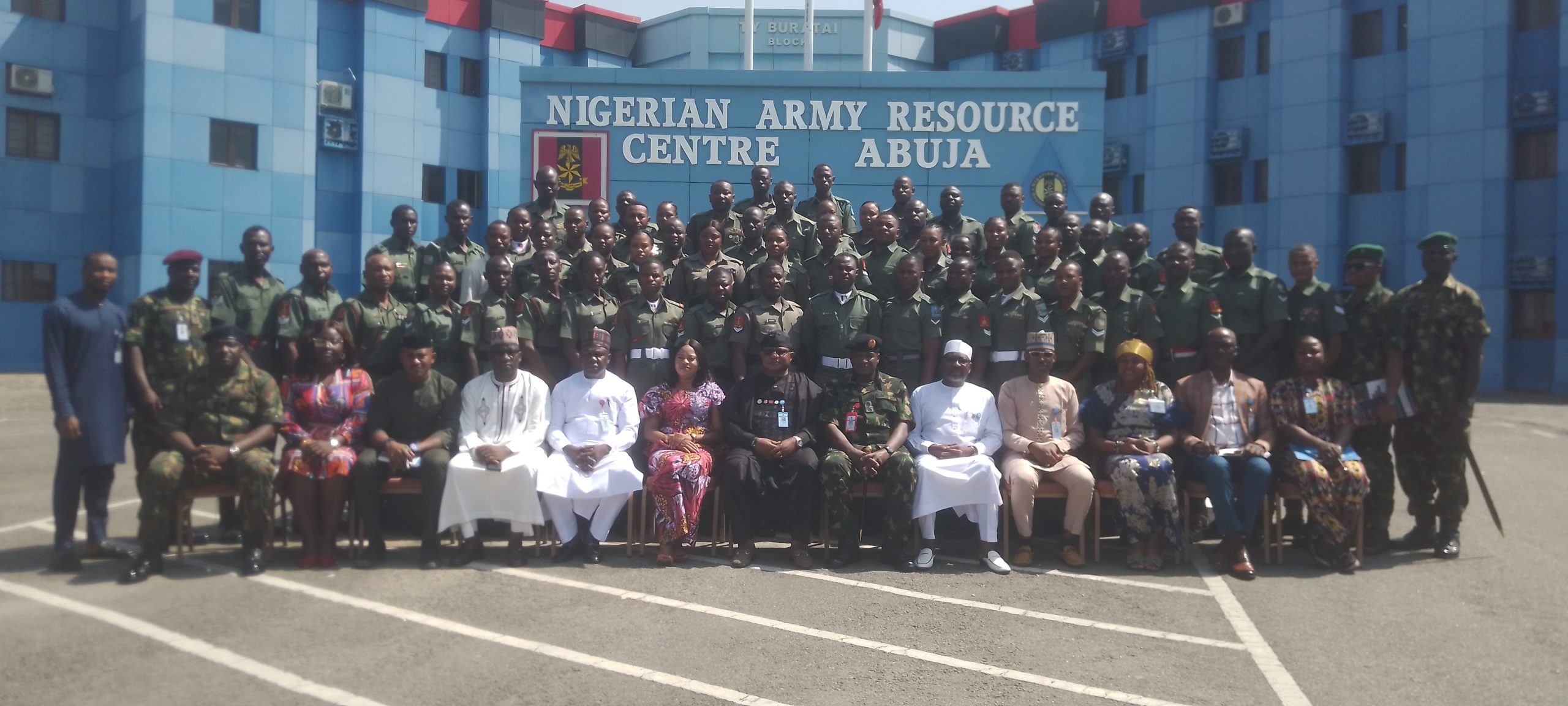Labels illiteracy and ill health as twin alliances against development
Says reforms are not helping human development
Former Governor of Ondo State, Dr Olusegun Mimiko, has reiterated the call for an increase in public spending on health and education, emphasising that Nigeria’s development will remain stunted unless the country tackles the twin challenges of illiteracy and ill health.
While commending some of the ongoing policy efforts in the social sectors, Mimiko, however, insisted they are insufficient and need to be aggressively scaled up, describing the current situation as a critical juncture for action.
The former governor stated this while delivering the convocation lecture of the Confluence University of Science and Technology, Osara, Kogi State, titled “Ill-health and Illiteracy: Siblings Alliance Against Development.”
In the lecture made available to newsmen in Akure, Ondo State capital, Mimiko emphasised that despite recent fiscal reforms which have boosted government revenues, Nigeria’s human development indicators continue to paint what he described as “a dismal picture.”
He said: “Improved accruals from subsidy removal, exchange rate unification, and the expected commencement of tax reforms in 2026 present a rare opportunity for governments at all levels to redirect more funds to human capital development.”
Mimiko, who placed further stress on childhood nutrition, stated that 40 per cent of Nigeria’s under-5 children suffer from stunted growth owing to malnourishment.
According to him, the free school meal programme has to be rebranded and decentralised so that the federal government could set general guidelines, standards, and limits, while the actual project implementation should be devolved to sub-national governments.
“The irreducible minimum of one egg, one child, one day as part of the midday meal. This will make compliance and accountability easy to track. It will also have a catalytic effect on our livestock industry,” Mimiko said.
Speaking on the issue of insecurity, Mimiko said, “To address the challenge of insecurity in Nigeria, we must decentralise the police service. No federation like Nigeria anywhere has the type of centralised police structure we have in Nigeria.
“As government revenues improve, the visible hand of the state must ensure fair redistribution by channelling more public resources into healthcare and education,” he said, noting that such “investments are essential for producing the skilled and innovative citizens required to drive sustainable national development.”
Mimiko stressed that the expectation of improved investment should apply not only to the Federal Government but also to state governments, which he said must reflect the new fiscal capacity in their budget priorities.
“Our message is simple. More public investment in health and education must be prioritised. The alliance of illiteracy and ill health must be confronted and reversed if Nigeria is to achieve meaningful development.”






